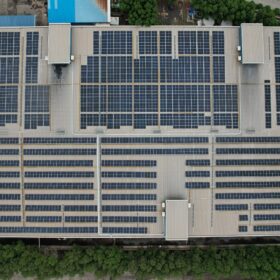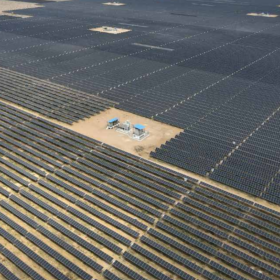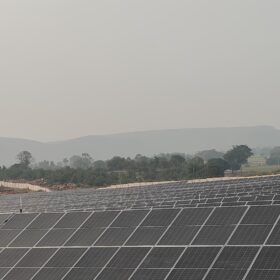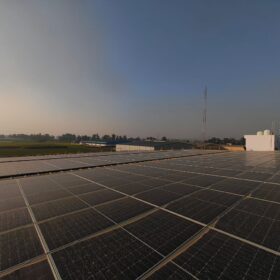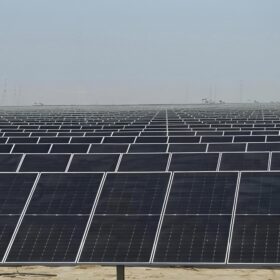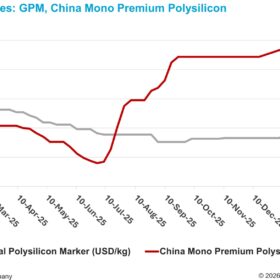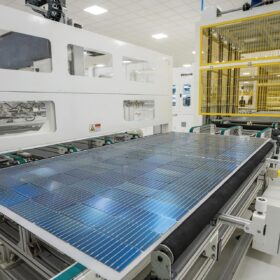Meghmani Organics enters wind–solar hybrid power agreement with Pro-Zeal Green
Meghmani Organics Ltd has signed an agreement with Pro-Zeal Green Power Fifteen Private Ltd to procure a contracted capacity of 3.30 MW from a wind–solar hybrid (WSH) power project located in the state of Gujarat.
WattPower surpasses 18 GW of inverter sales in India
WattPower has sold more than 18 GW of utility-scale string inverters across India over the last two and a half years.
Kosol Energie to install 4 MW solar plant for Mafatlal’s Nadiad manufacturing facility
Kosol Energie has announced a collaboration with Mafatlal Industries Ltd (MIL) for the installation of a 4 MWp (DC) ground-mounted solar photovoltaic (PV) power plant at its Nadiad unit for captive consumption.
Renewables’ share in Indian textile industry’s total power consumption rises
The average share of renewable energy in the Indian textile industry’s total energy consumption increased from about 14% in FY2023 to nearly 18% in FY2025, according to a new report from ICRA ESG Ratings Ltd.
Integrating solar and storage for industrial users: Lessons from early projects in Gujarat
Gujarat’s leadership in renewable deployment is now extending into the field of solar plus storage, with direct implications for industrial power users. Large grid connected projects in Kutch, storage additions at hybrid sites, and new battery initiatives aimed at supplying industries with on-demand renewable energy are all early examples of how solar and storage can work together in practice.
India installed 6.1 GW open-access solar in 9M 2025, says Mercom
India added 6.1 GW of open-access (off-site commercial and industrial) solar capacity in the first nine months (9M) of calendar year (CY) 2025, up around 13% from the 5.4 GW installed during 9M 2024—according to a new report by Mercom.
Candi Solar secures $58.5 million from IFC
Candi Solar, a provider of distributed solar solutions for commercial and industrial (C&I) businesses, has secured $58.5 million in funding led by the International Finance Corp. (IFC), a member of the World Bank Group. The facility will directly finance nearly 200 MWp of new projects.
Solinteg unveils hybrid inverter series for C&I applications
The Chinese manufacturer said the product line includes five models with outputs ranging from 25 kW to 50 kW, supporting charge and discharge currents of up to 150 A.
Shree Cement commissions 20 MW solar plant in Chitrakoot
Shree Cement Ltd has commissioned a 20 MWp solar power plant in the Chitrakoot district of Uttar Pradesh for self-consumption. The project will supply power to its Etah grinding unit using the Wheeling and Banking route.
Saatvik Green launches on-grid inverters for residential and C&I solar projects
Saatvik Green Energy has launched the UDAY Series on-grid solar inverters. The series includes single-phase inverters (1.1 kW–6 kW) for residential and small commercial rooftops and three-phase inverters (6 kW–50 kW) for residential, commercial and industrial applications.



